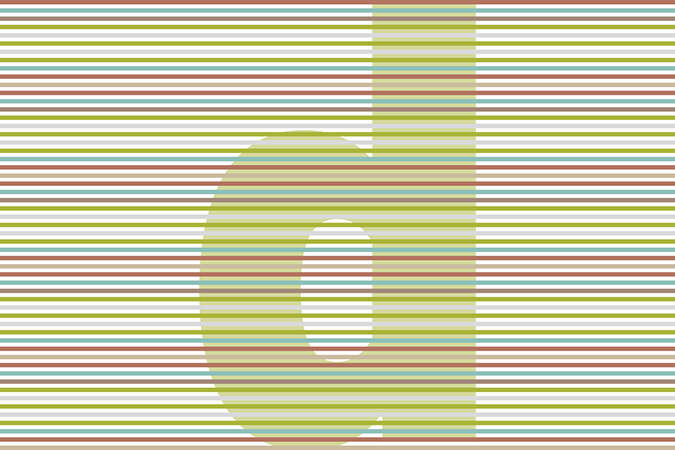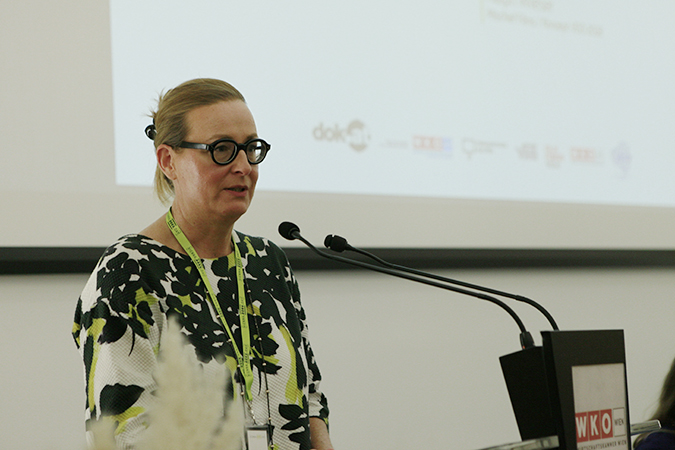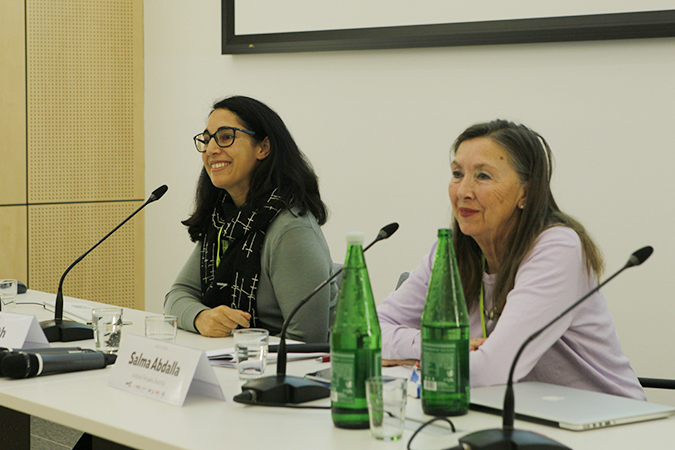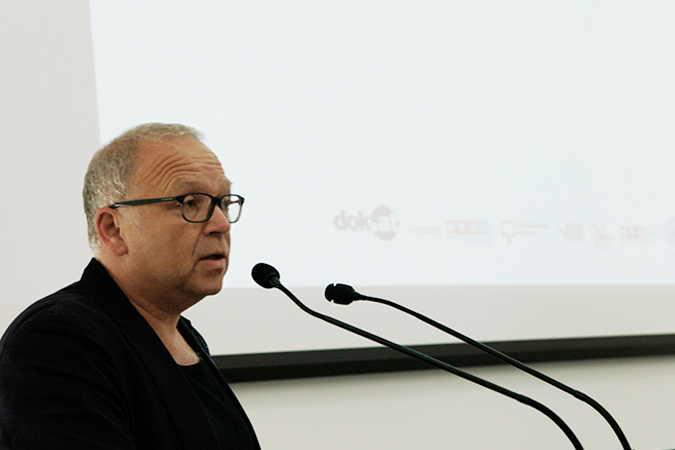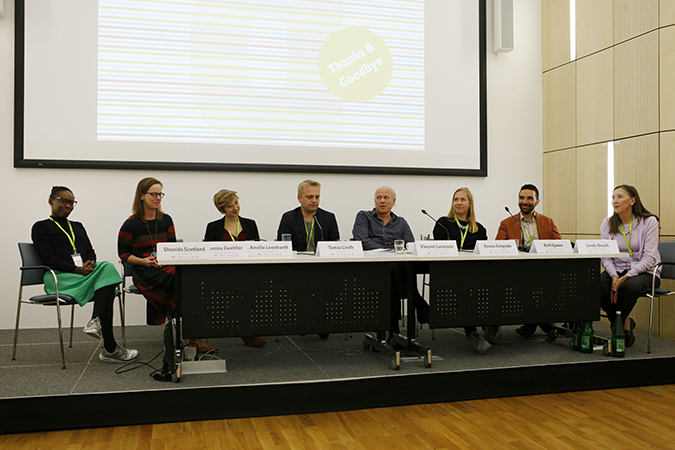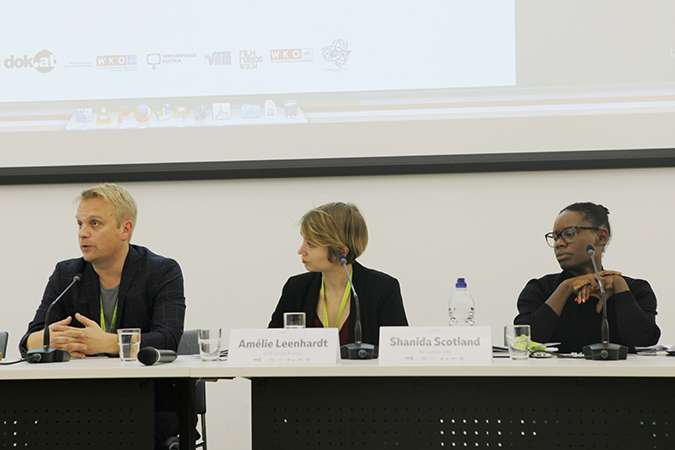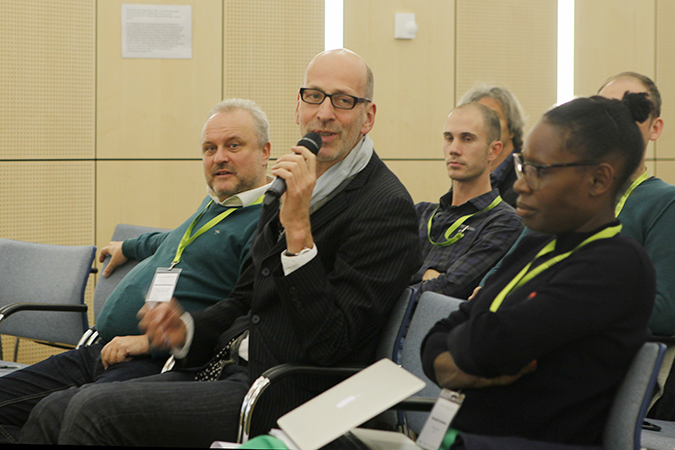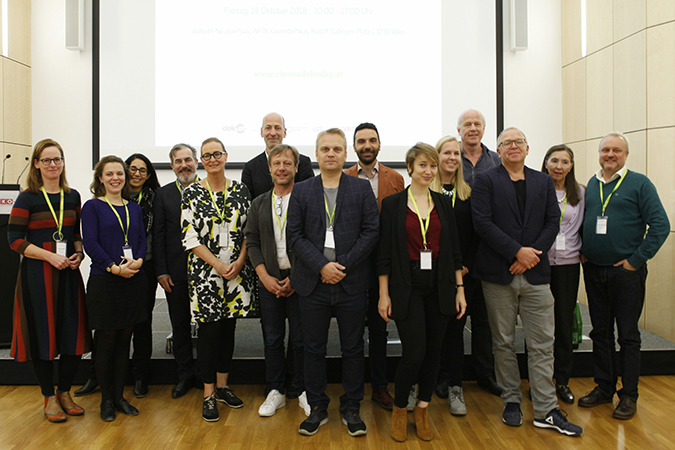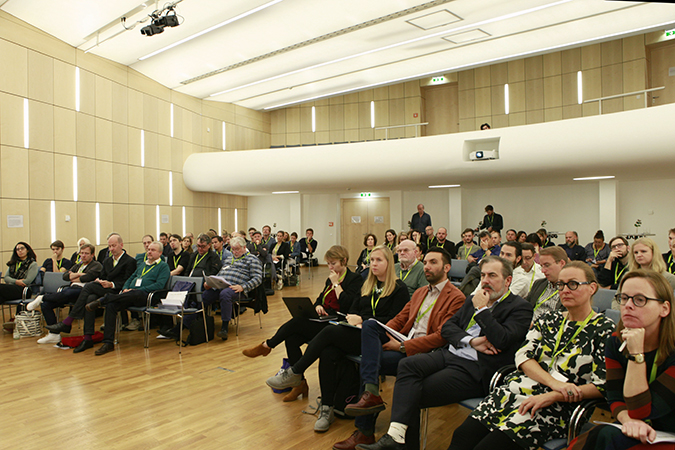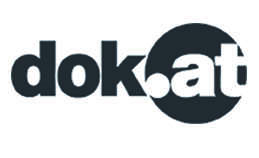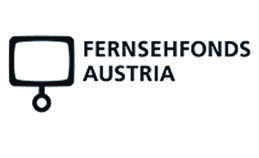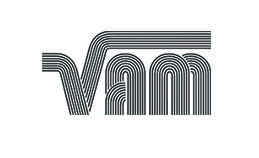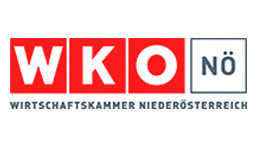REVIEW VIENNA.DOKU.DAY 2018
On Friday, October 19th 2018, dok.at and the Viennese Chamber of Commerce organized the third edition of the VIENNA.DOKU.DAY in the Viennese Economic Chamber.
The VIENNA.DOKU.DAY is an industry meeting initiated by Johannes Rosenberger in Vienna for producers and members of the documentary film industry in order to have the opportunity to meet once a year and discuss about the situation of the documentary business in Europe.
The VDD'18 entitled DOKU-DIGITAL focused on documentaries in the new era of the digital world and aimed at exploring the development of documentaries in times of digital television and VoD.
The main goal of this year's VIENNA.DOKU.DAY has been to inform and discuss with the Austrian documentary film business about the possibilities that go together with these new ways of distributing and consuming documentaries.
Moderated by the skilful Linda Beath, the meeting has been a mix between lectures, case studies, panels and discussions. Christian Beetz opened the symposium with his KEYNOTE and gave a very accurate look at the situation. (Find it here)
The finance expert Linda Beath presented together with Salma Abdalla (CEO of Autlook Film Sales) a global perspective on the platforms and their diverse ways of operating. This CRASH COURSE gave a first important insight on the diversity of the offers and their ways of distributing and charging. Salma Abdalla allows us to approach more specifically all different kinds of Video on Demand (SVOD, AVOD, PPV, TVOD...) and explained how it grows, also warning producers how to handle a contract and defining new goals.
Wolfgang Knöpfler, executive producer at TERRA MATER Factual Studios, presented their collaborative work with Netflix on THE IVORY GAME (2016). In his CASE STUDY we learned how Netflix' pole position in the market highly influenced the price range for third party documentary content. With other OTT platforms on the rise the odds might shift again in favour of producers as the demand increases. Meanwhile Wolfgang advocated to team up with a sales agent to navigate the US market in order to increase your chance for a good sales deal as well as the best festival strategy.
Annina Zwettler, commissioning editor at ARTE, opened the afternoon session. In her INPUT, she described ARTE's work in the context of new medias. With video examples (such as the wonderful web series), she underlined how these contents have to be carefully adapted to different formats because of the multiple devices that are used (from television screen to very small smartphones). Although there is awareness in the film business and in the context of new medias that we should always improve and adapt to the users and their new habits, Aninna Zwettler insisted on not giving up the quality or an author's perspective in favour of the economic imperatives: "We also have to see the impact on society and not just the numbers"!
Tomas Lindh, executive producer of SVT, followed with his own CASE STUDY and had some time to develop on one side his specific ideas on the digitalization gained by his experience as a producer but also explained us in details and with a lot of documentations the way he produced his own documentary project BREAKING THE CYCLES (2017). It has been thrilling to learn how, in his case, the priority has been given to the digital world, gaining the audience ahead in the new media landscape. For his film, 40% of the production as been dedicated to the outreach. His last keywords have been: "anticipate and be prepared to success"!
Finally, both PANELS discussions have been extremely enlightened as they brought together different perspectives and ways of dealing with the digitalization.
On one hand Amélie Leenhardt (Head of Arte Europe), Shanida Scotland (The Guardian) and Tomas Lindh (SVT) reflected on the new challenges for TV-stations in matters of production of digital content and Linda Beath inquired about the different consequences for documentary filmmakers or producers. Then Emma Simpson (Journeyman Pictures), Vincent Lucassen (Under the Milky Way) and Kiril Gjozev (Cinesquare) talked about the new ways of distributing these contents and their strategies to also support the smallest productions.
The whole day has been very intense and we learnt a lot. The 170 participants had the opportunity to network after the conference but also interacted within the discussions or at the end of the Panels.
We would like to thank again all the participants, the guests, our sponsors and the team that made this day so successful. We already look forward to the next edition of the VIENNA.DOKU.DAY!
The VIENNA.DOKU.DAY 2018 has been organized by the Austrian Documentary Film Alliance dok.at and supported by the Viennese Chamber of Commerce, the Television Fund Austria, the VAM, the Vienna Film Fund and the Low Austria Chamber of Commerce.
For the first time and due to several international guests, the VIENNA.DOKU.DAY took place in English.
DER VIENNA.DOKU.DAY IST EINE VERANSTALTUNG VON
dok.at und wurde finanziell unterstützt durch Wirtschaftskammer Wien - Fachvertretung Film- und Musikwirtschaft, durch den Fernsehfonds Austria, die VAM, die Wirtschaftskammer Niederösterreich - Fachvertretung Film- und Musikwirtschaft sowie durch EDN - European Documentary Network

